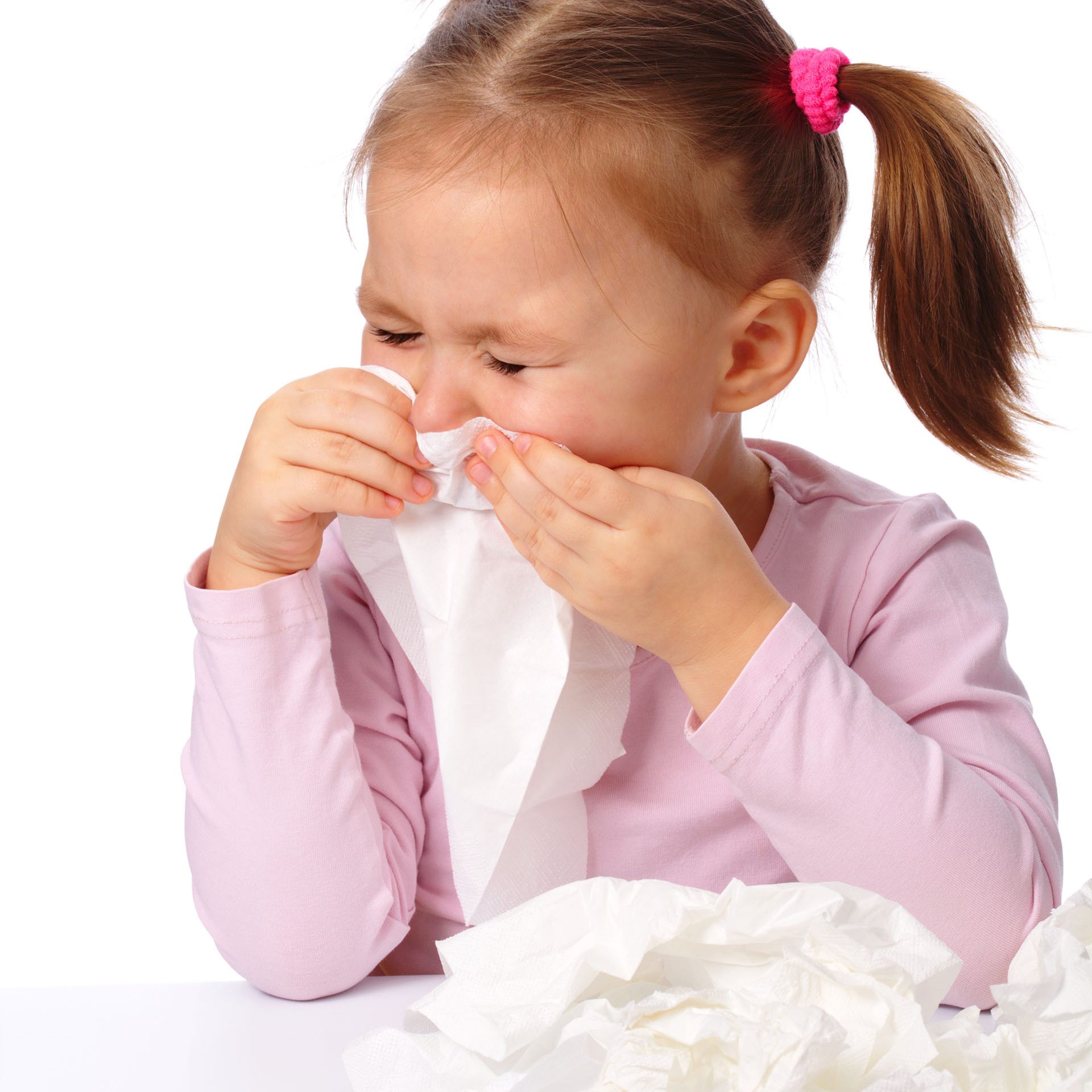Key Facts
Fact: Last year, 20 Holmes County Residents died from Pneumonia (Source: 2017 Holmes County Vital Statistics Data)
Fact: 60% of Holmes County residents ages 65 and older had a pneumonia shot, compared to 72% of Ohio residents (Source: 2017 Holmes County Community Health Assessment)
Fact: Pneumococcal disease (pneumonia) is common in young children, but older adults are at greatest risk of serious illness and death (Source: Centers for Disease Control and Prevention).
Fact: Adult who smoke or who have underlying medical conditions, such as diabetes and heart disease are more likely to get pneumonia (Source: Centers for Disease Control and Prevention)
Fact: Vaccines help prevent pneumococcal disease, which is any type of infection caused by Streptococcus pneumoniae bacteria (Source: Centers for Disease Control and Prevention).
Fact: There are two kinds of vaccines that help prevent pneumococcal disease (Source: Centers for Disease Control and Prevention).
Helpful Terms
Conjugate: A type of vaccine that joins a protein to part of the bacteria to improve the protection the vaccine provides.
Polysaccharide: A type of vaccine that is made to look like the surface of certain bacteria in order to help the body build protection against that germ.
Did you know?
Don't let big names and abbreviations scare you!
Varicella - Chicken Pox
Zoster - Shingles
Pertussis - Whooping Cough
Influenza - Seasonal Flu
Haemophilus Influenzae type B or Hib - Bacterial meningitis and bacteraemia (blood stream infection)
HAV or Hep A - Hepatitis A
HBV or Hep B - Hepatitis B
Prevnar 13 - Pneumonia (Children)
Pneumovax - Pneumonia (adults)
MMR - Measles, Mumps and Rubella
Meningococcal - bacterial meningitis and bacteraemia (blood stream infection)
Rotavirus - Gastroenteritis (inflammation of the stomach and intestines)
HPV - Human Papilloma Virus
DTaP - Diptheria, Tetanus & Pertussis- children younger than 7
TDaP - Tetanus, Diptheria and Pertussis booster
DT - Diptheria & Tetanus for children younger than seven who cannot have not have pertussis
Td - Tetanus & Diptheria. 10 year booster after childhood immunizations
Please Note: Upper-case letters in these abbreviations denote full-strength doses of diphtheria (D) and tetanus (T) toxoids and whooping cough (P) vaccine. Lower-case "d" and "p" denote reduced doses of diphtheria and whooping cough used in the adolescent/adult-formulations. The "a" in DTaP and Tdap stands for "acellular," meaning that the whooping cough component contains only parts of the bacteria instead of the whole cell. https://www.cdc.gov/vaccines/vpd/dtap-tdap-td/public/index.html
Immunization Schedules & Information
Birth to 6yrs Old Immunization Schedule
Immunizations for Children 7-18 yrs Old
Adult Vaccine Quiz (Learn what vaccines you need based on sex, age, disease and illness)

